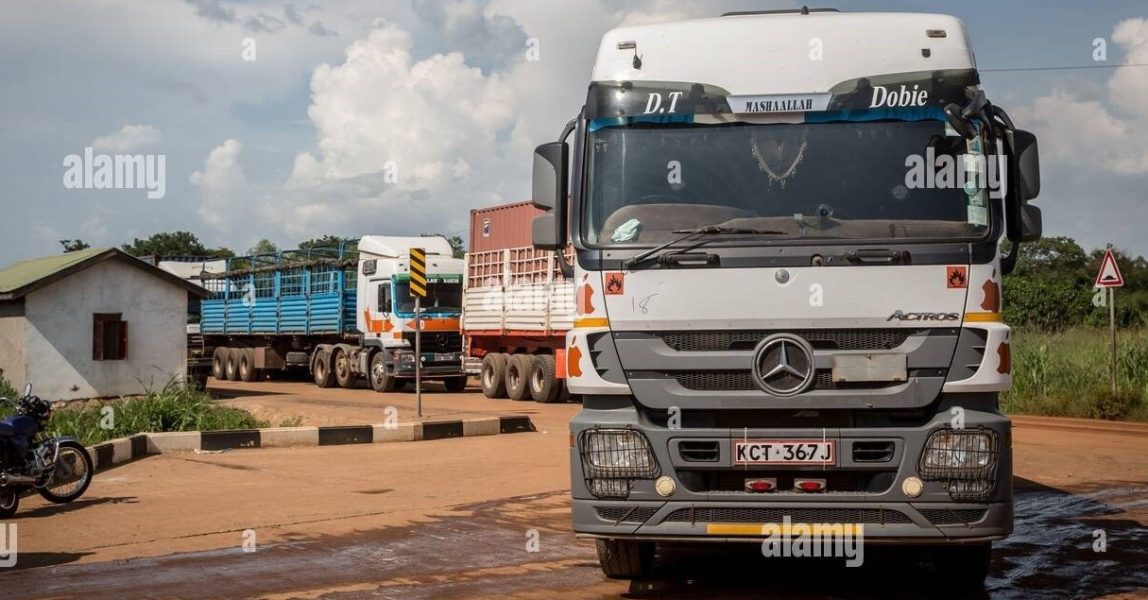
As truck drivers continue to face rampant extortion on major trade routes across South Sudan, one state stands out as a rare example of integrity and reform: Lakes State.
Drivers are hailing Governor Rin Tueny Mabor as a model leader for maintaining a corruption-free corridor, allowing goods to move without harassment or illegal fees.
The contrast is stark. On the Juba–Bahr el Ghazal Road, drivers report encountering 15 roadblocks within Central Equatoria State alone, with demands ranging from SSP 650,000 to SSP 950,000 per checkpoint.
In Warrap State, before crossing into Western Bahr el Ghazal, roadblocks typically charge SSP 400,000 to SSP 500,000, depending on how well one negotiates.
One driver, who identified himself only as Ahmed for fear of reprisal, shared his ordeal “I paid nearly SSP seven million traveling from Bentiu to Juba. Every roadblock demanded money, and not a single receipt was issued. If all the states were like Lakes State, there would be no problem doing business in South Sudan.”
Ahmed’s praise for Lakes State was echoed by other drivers who described it as the only state where they could drive freely without being extorted.
The absence of roadblocks there is seen as a direct result of Governor Mabor’s leadership and commitment to enforcing President Salva Kiir’s directive to remove illegal checkpoints.
Yet, many are questioning why this presidential order has not been implemented uniformly across the country.
“President Kiir gave the directive, but why is it only being respected in Lakes State?” asked another driver. “We need consistency. Otherwise, we’re just bleeding money for nothing.”
The growing frustration among truck drivers highlights a broader issue of governance and accountability.
While Lakes State offers a glimpse of what’s possible, the rest of the country remains mired in corruption that threatens trade, development, and public trust.
As South Sudan pushes for economic recovery and infrastructure development, drivers say the road to progress must be cleared, not just of potholes, but of predatory practices that make every journey a financial burden.

